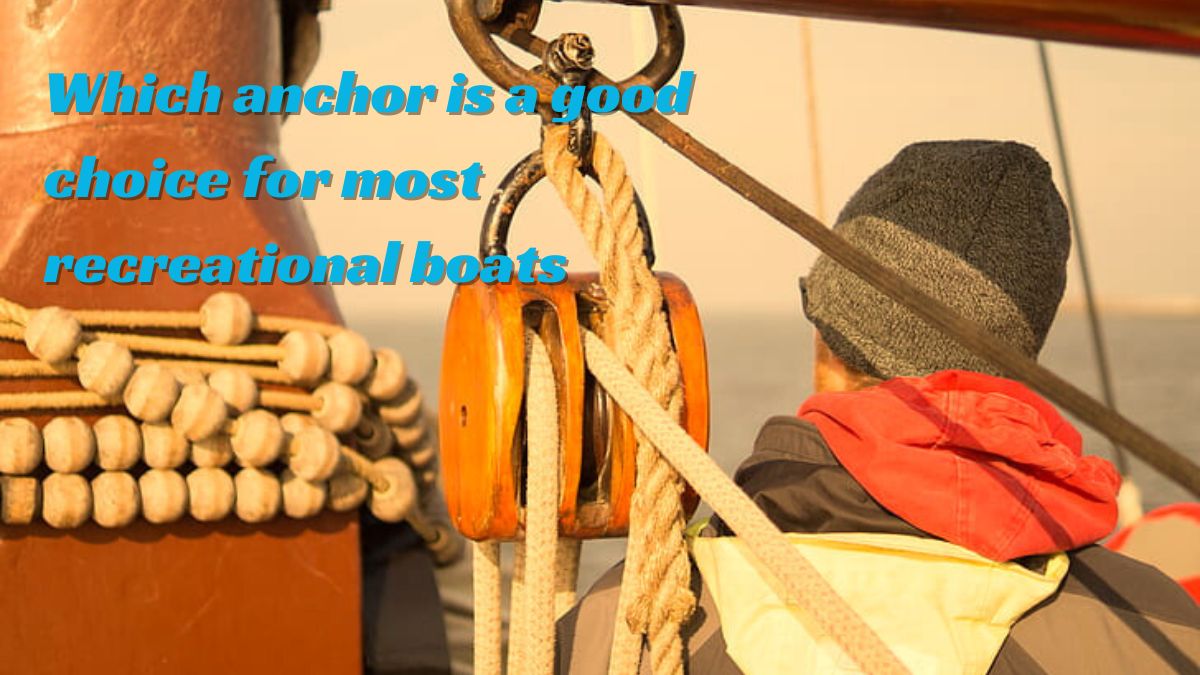
Which anchor is a good choice for most recreational boats
Which anchor is a good choice for most recreational boats and how do they work?
Fluke anchors have always gained a considerable spot among boaters who have recreational boats. And there are so many good reasons behind this. A fluke-style anchor such as the Danforth anchor or Fortress anchor is always the safest and most viable option. Let’s see why-
Distinctive Design: The design of fluke anchors is very unique and comes along with two blade-like flukes. The number of flukes can be more than two as well, however, two is the most common type. The flukes remain attached to a shank which is called the arm of the anchor and is the vital part of the equipment.
Best anchor chain for ships in 2024
The flukes align with the shank through a pivot point which allows flexible movement of the flukes enabling them to penetrate the seabed at ease.
There is a horizontal bar called the stock which helps to keep balance while the triangular flukes dig in the seabed. The formation of the anchor is quite simple but effectively suited to recreational boats that travel frequently to diversified coastal zones.
Ease of Penetration: Flukes anchors take pride in penetrating the seabed easily and in a quick manner irrespective of the type of its surface. The blade-like flukes with the help of the pivoting shank digg the seabed in no time after reaching the seabed. This saves time and makes it easy for a recreational boat that requires a quick anchoring solution as it keeps moving here and there intermittently.
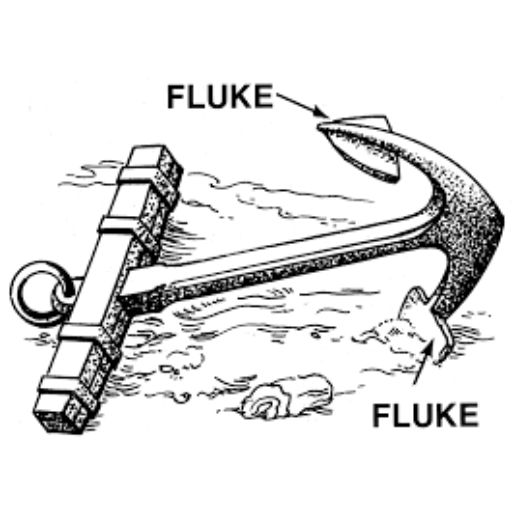
Compact in size: As recreational boats make frequent maritime voyages, the size of the equipment of the boat matters most. However, the Flukes anchor is lightweight and compact in size when compared with other types of classic anchors, therefore very convenient for personal watercraft or boats.
Extra gripping: Stability comes first when choosing an anchor. So, if you’re wondering which anchor is a good choice for most recreational boats, say yes to the Flukes anchor.
These anchors with their razor-sharp blades are occupied with extra gripping power that can hold onto the seabed tightly under any wind or current situation and never compromise with stability. That is why this is a perfect stable solution to a barbecue night or a causal daytime party on a recreational boat.
More Efficiency: When talking about the Danforth or Fortress anchor, versatility is a constant fact. This is one of the remarkable features of the flukes anchor that they can work efficiently in varied seabed conditions from sand to mud.
So, be it for fishing or spending jolly time over the sea, don’t afraid to take adventures to unknown destinations if you have flukes anchors in your boat. This compactness makes it a go-to choice for recreational vessels.
Which things to consider before selecting anchors for a boat?
Fluke anchors might be the best option for a recreational vessel due to their efficient formation. However, selecting the perfect anchor does require some brain power to ponder over.
Here are some important facts that you need to bring in while choosing an anchor for your boat-
Size of the boat: The first thing that you need to care about while selecting an anchor is the size of your vessel. The bigger the size of the boat, the greater holding the anchor should have. A boat with a length of 30 or less can utilize flukes anchor.
Variety of the seabed: Not all anchors can work efficiently in all types of seabeds. Therefore, depending on the conditions of the seabed, an anchor should be chosen.
Wind and tide: Wind and tide are those two facts with whom an anchor needs to fight to maintain the stability of the boat. So, checking their speed and direction is an integral part of selecting the right kind of anchor.
Stowage: Some anchors are easy to stow and retrieve while others are not. Carefully assess the handling process of an anchor to find the suitable one for your boat.
Be it for recreational activities such as catching fish or maritime adventure or for commercial uses, an anchor serves the boaters in numerous ways. From ensuring stability to combating harsh weather, an anchor always comes in the way to prevent the vessel from drifting away and maintain safe passages. That is why, the installation of the right anchor depending on the type of boat is always crucial.
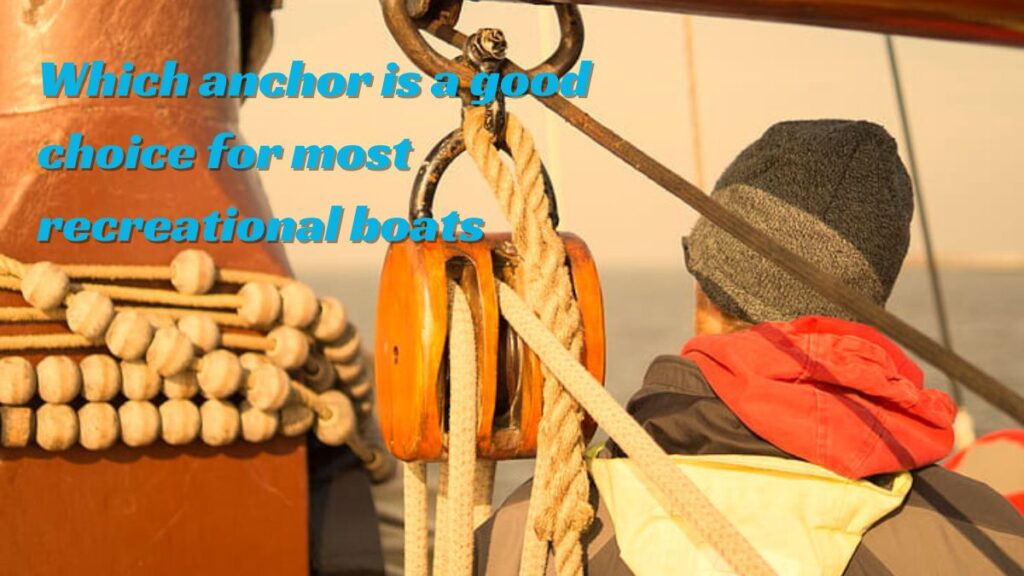
FAQ for anchoring a boat
Why do boats need anchors?
Boats need anchors to prevent drifting away from a specific position and to keep it stable in a spot.
Where should a boat always be anchored?
A boat should always be anchored from the bow and then move to the stern. The attached line faces forces from waves and wind, therefore a lining from the stern before the bow may lead to a boat swamp.
What is the best way to anchor your boat?
The best way to anchor a boat is to face the direction of the mightier one between wind or tide, keeping the bow in front and dropping the anchor straight over the anchor spot slowly. Then move to the back anchor. Anchoring from the stern at first may cause the boat to swamp.
What to consider when anchoring your boat?
The directions of wind and tide, local restrictions, depth of the water, and traffic in the area should be considered before anchoring a boat.





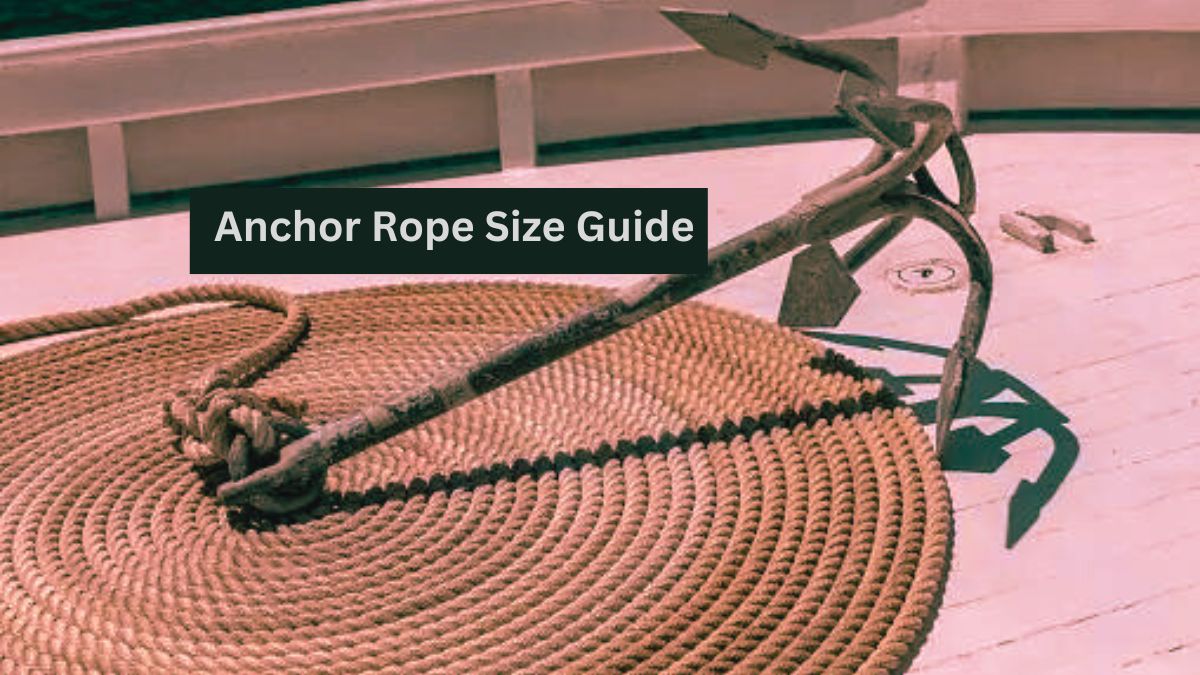
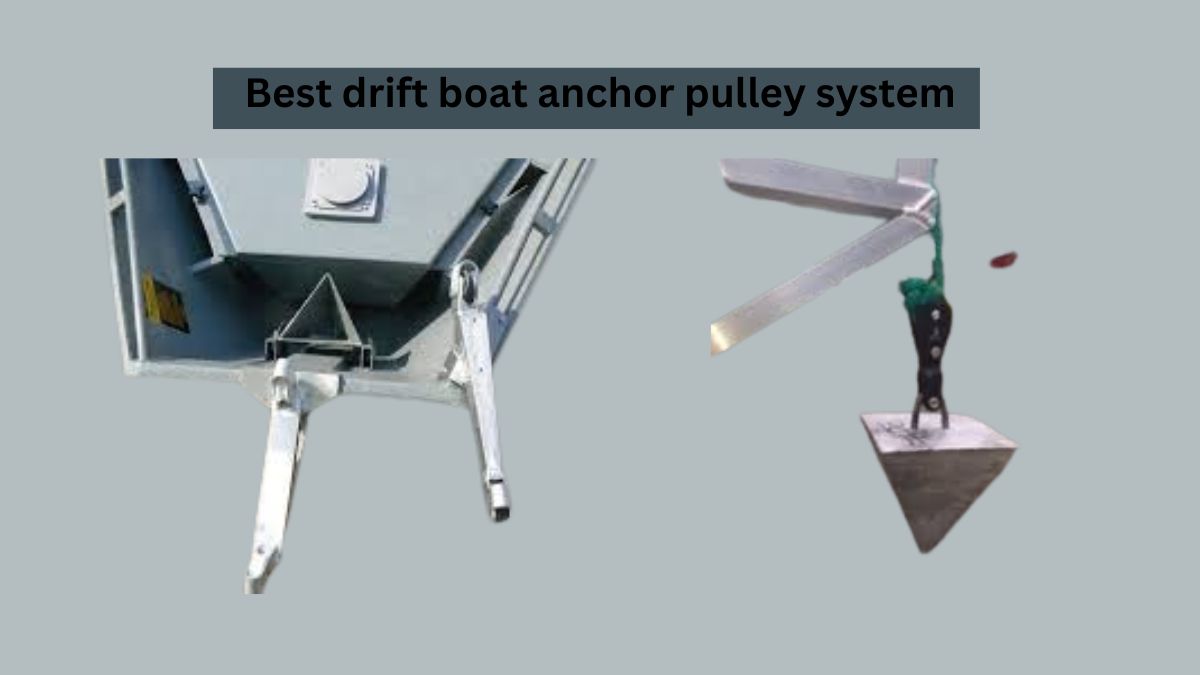

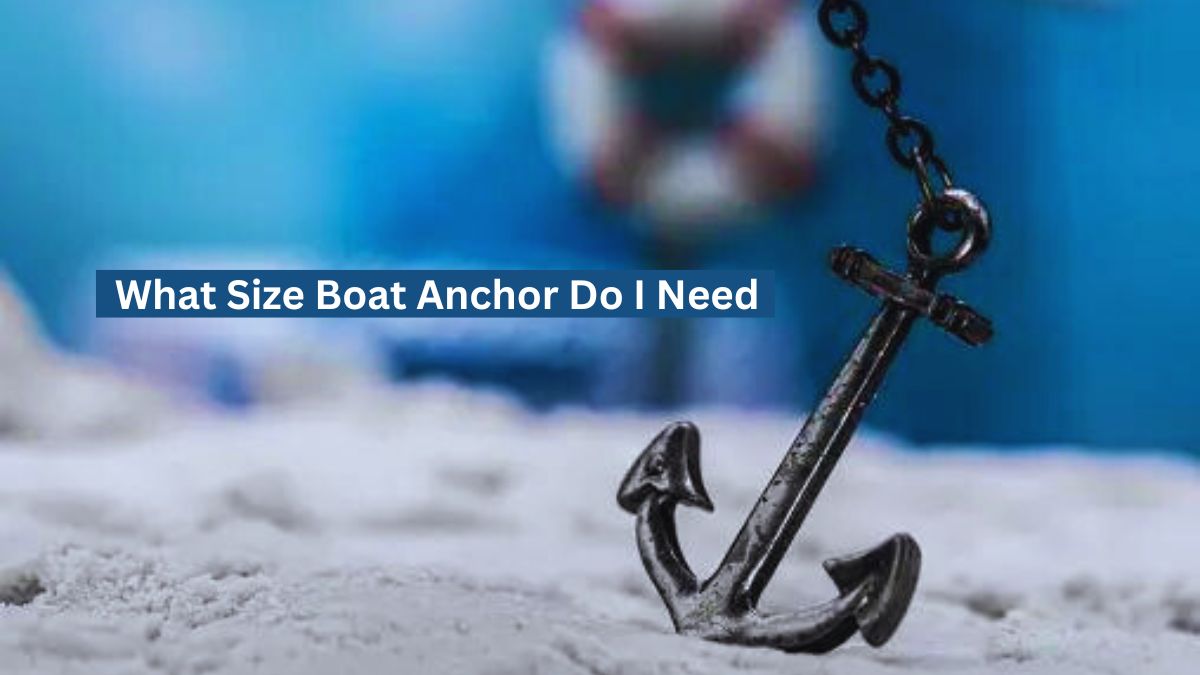
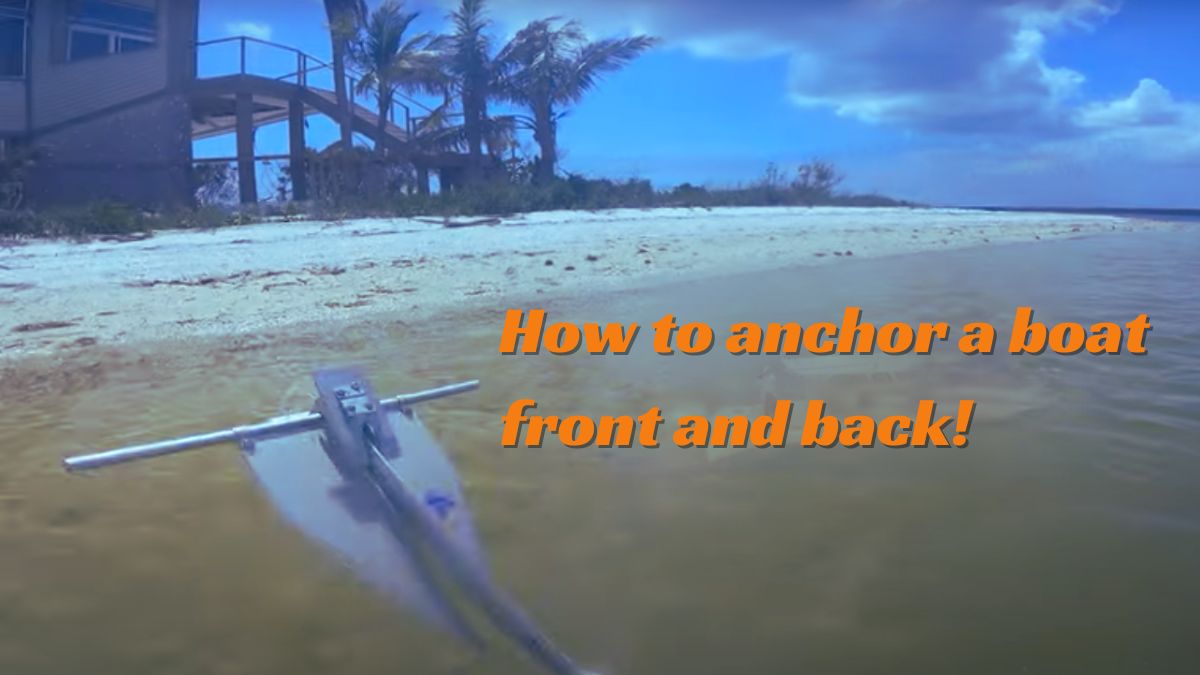
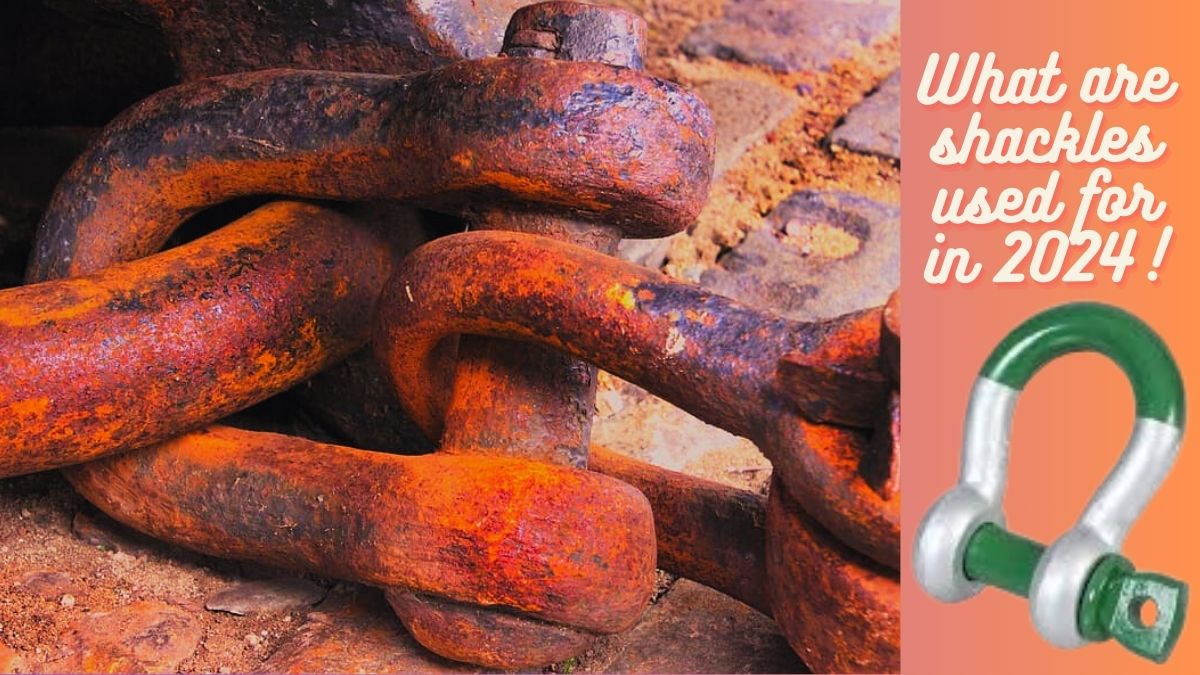
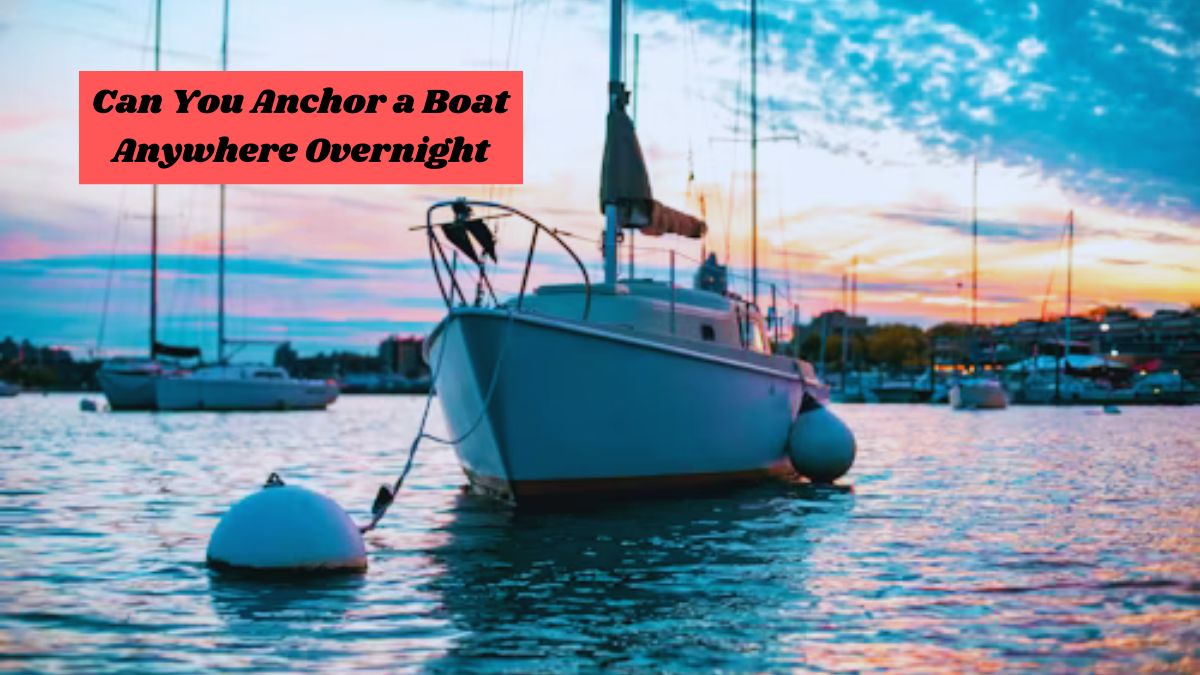
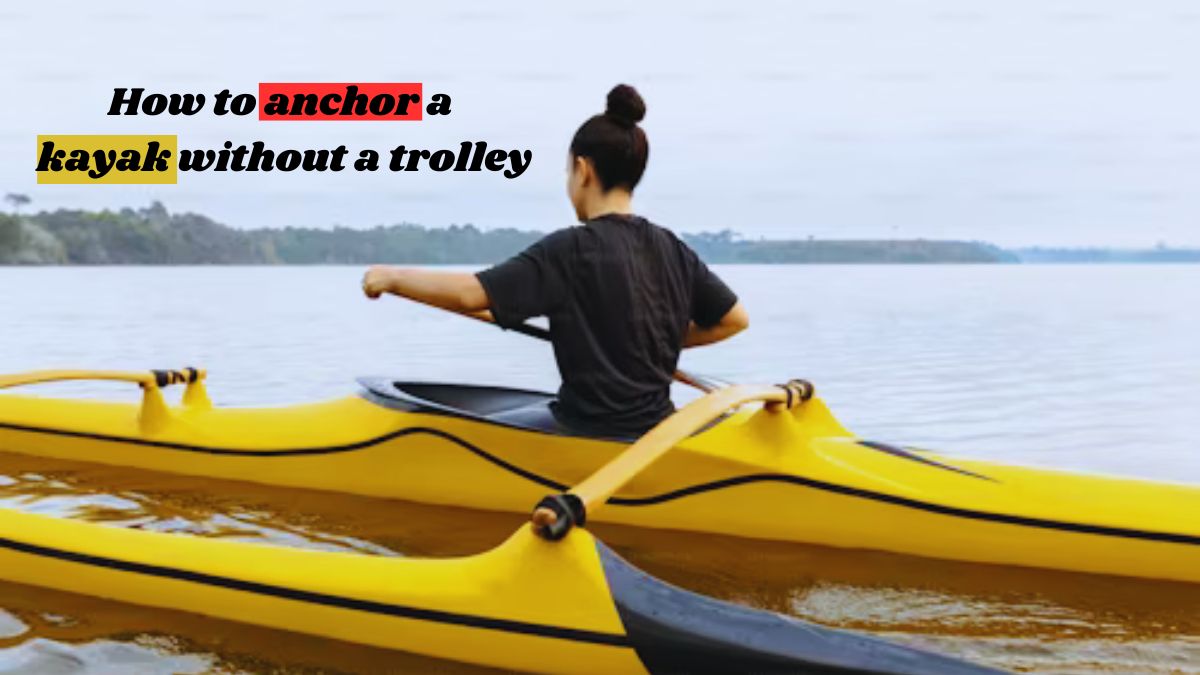
Leave a Reply